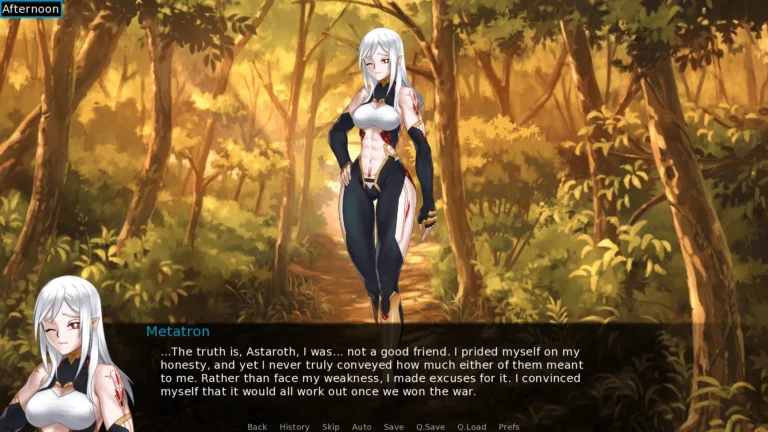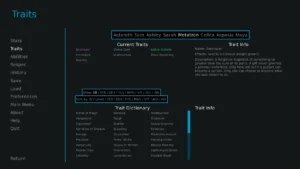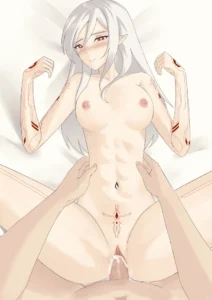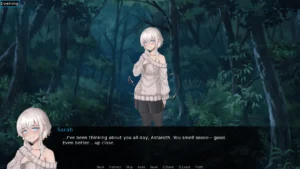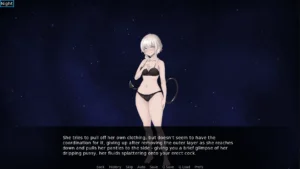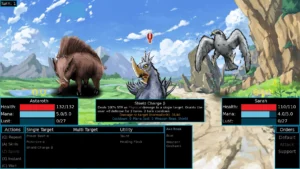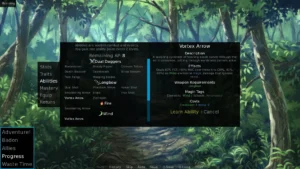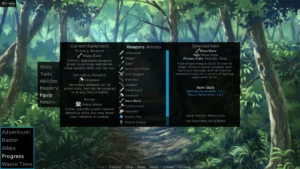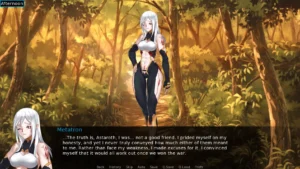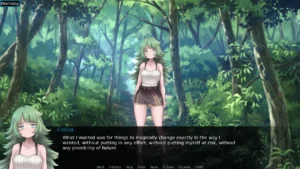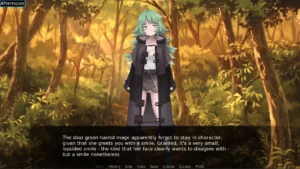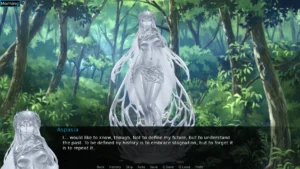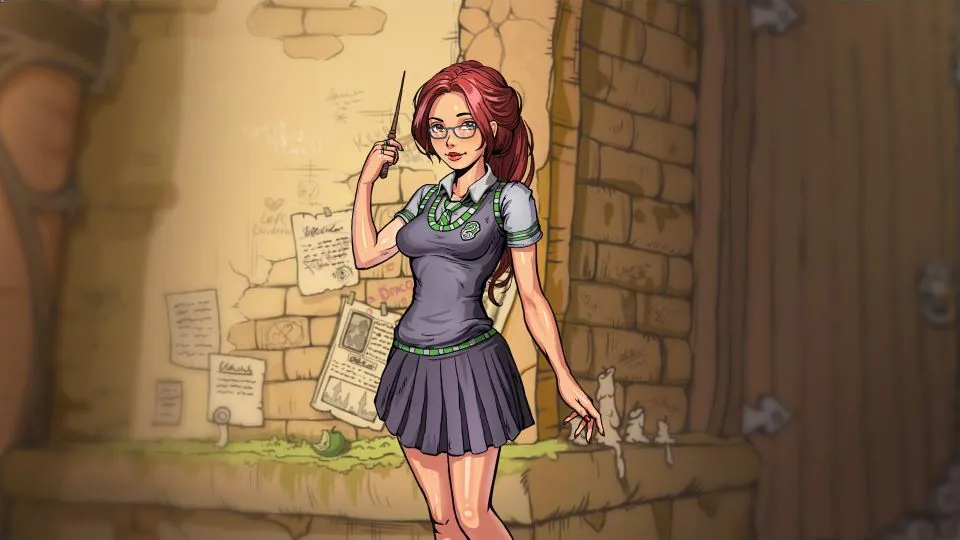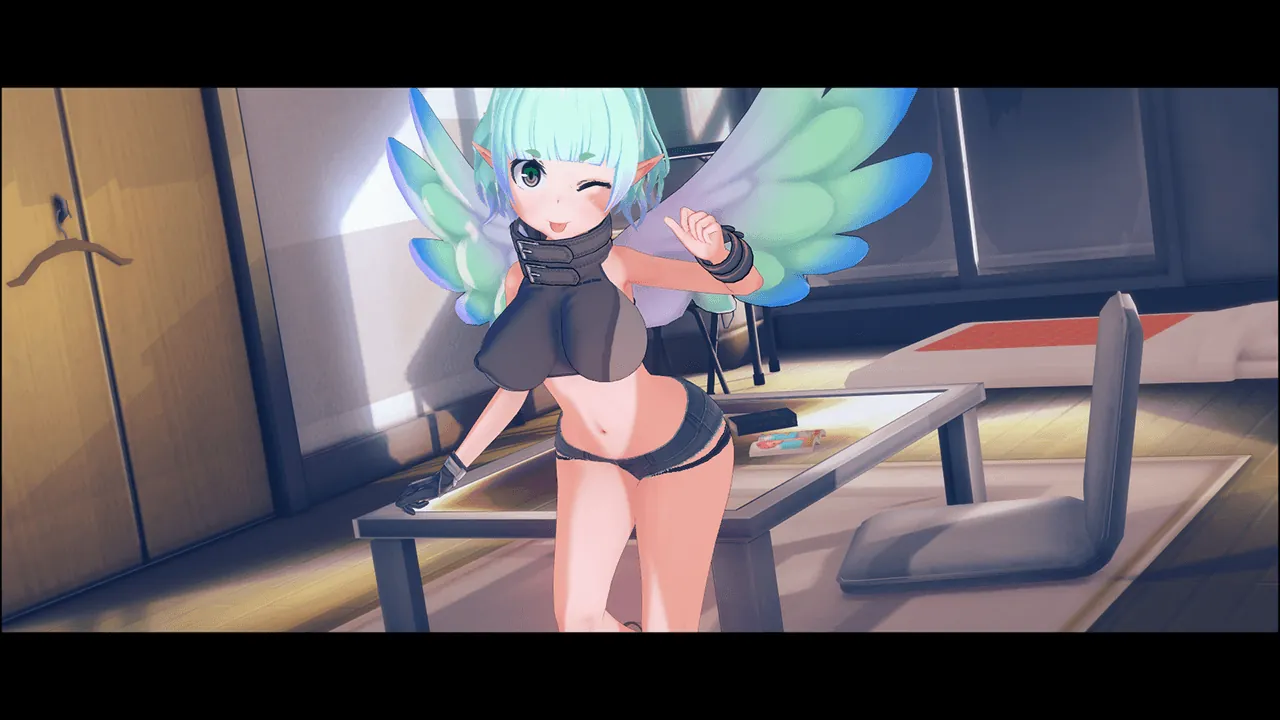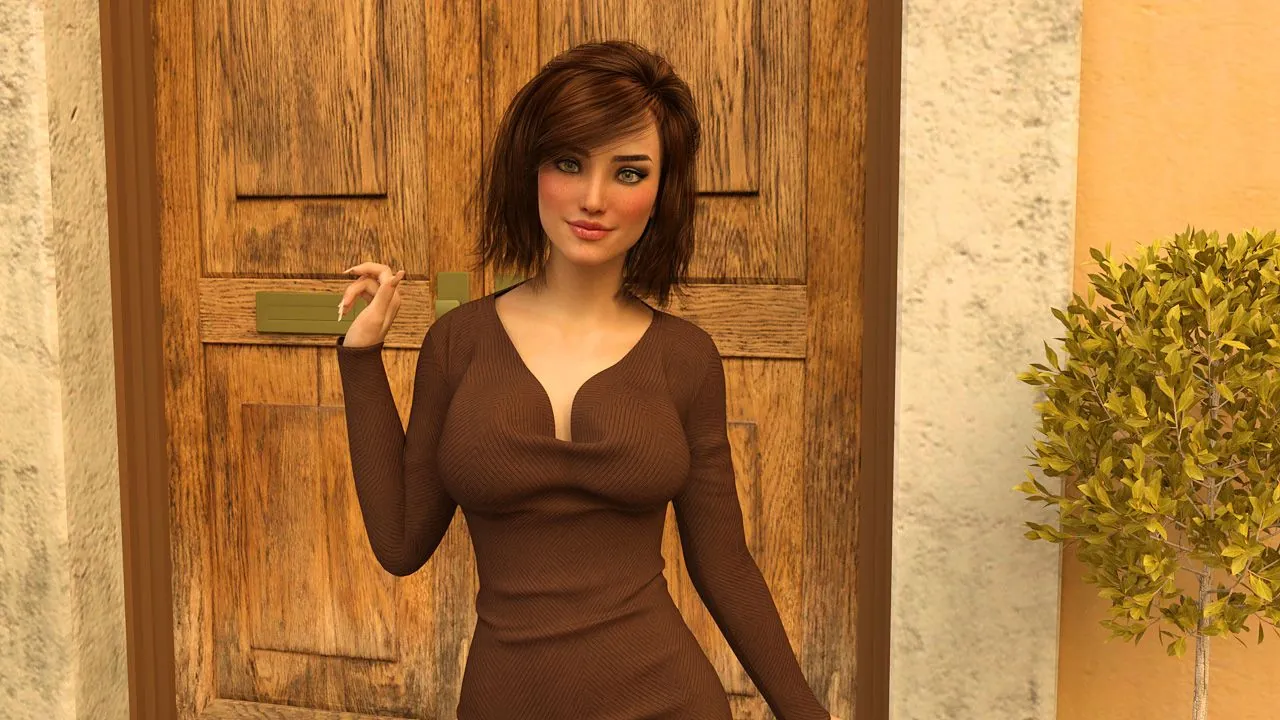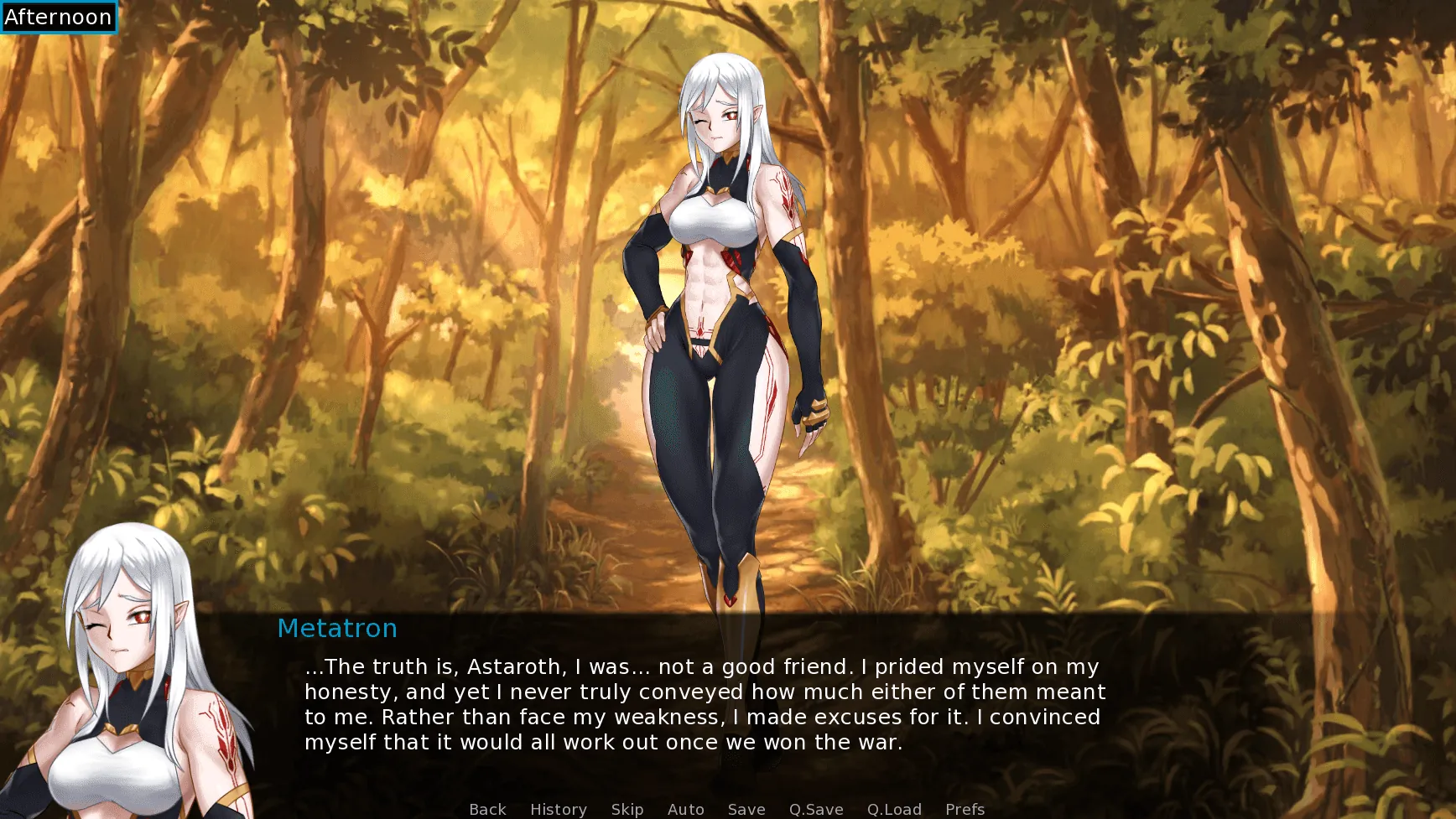
Divine Dawn
Play Divine Dawn
Divine Dawn review
Exploring narrative depth, character customization, and mature storytelling in this acclaimed indie title
Divine Dawn has emerged as a standout title in the indie RPG space, blending rich storytelling with deep character customization. This guide examines how the game balances fantasy adventure with mature thematic elements, offering players unprecedented agency in shaping both their journey and relationships. We’ll explore its unique approach to narrative-driven gameplay and the systems that make it a memorable experience for adult audiences.
Core Gameplay Mechanics and Narrative Design
Branching Storylines with Meaningful Choices
Let’s cut to the chase: Divine Dawn doesn’t care about your comfort zone. 🗡️ Every choice here feels like tossing a boulder into a pond—ripples turn into tidal waves before you’ve finished your first ale at the Rusted Chalice tavern. I learned this the hard way when I accidentally triggered a civil war by flippantly siding with a smuggler over a guard captain. Whoops.
The game’s narrative consequences RPG design means your decisions aren’t just flavor text. For example, early on, you’ll face the Bloodstone Mines Dilemma: save a group of trapped miners or sabotage the operation to weaken a corrupt noble house. Pick the “heroic” route, and you’ll unlock faction-specific quests later. Choose sabotage? Congrats—you’ve just become the secret weapon of a revolution.
| Decision | Immediate Consequence | Long-Term Impact |
|---|---|---|
| Save the Miners | Gain reputation with the Commoner’s Guild | Unlock elite mining gear & underground trade routes |
| Sabotage the Mines | Trigger noble house collapse | Spark rebellion questline & new enemy factions |
What makes this work? Divine Dawn remembers everything. That bard you drunkenly insulted in Chapter 2? They’ll reappear as a spy in Chapter 7, selling your secrets to the highest bidder. 🍻 The game’s 1,200+ choice nodes ensure no two playthroughs feel alike—unless you’re actively trying to replicate outcomes, which I don’t recommend unless you enjoy existential crises.
Combat Systems and Character Progression
Forget rigid class systems. Divine Dawn character builds are like fantasy lasagna—layer what you love, scrap the rest. 🧙♂️🔥 The classless progression system lets you mix abilities from 12+ skill trees. Want a pyromancer who moonlights as a stealth archer? Go for it. My personal abomination? A necromancer-chef hybrid who “recruits” undead sous-chefs. (The Rat King boss never saw my meat pie ambush coming.)
Here’s the secret sauce: synergy bonuses. Combine fire magic with alchemy to create explosive potions, or pair illusion spells with diplomacy skills to gaslight entire villages. The skill tree isn’t just complex—it’s a 3D web with 47% more customization than typical RPGs. Check out this starter build for chaos enthusiasts:
- Core Ability: Ember Veil (Fire Magic + Shadow Arts)
- Playstyle: Burn enemies while invisible, leaving them confused and crispy
- Weakness: Rain. Just… rain.
Pro Tip: Respec costs spike after Level 20. Experiment early, commit late.
Combat’s strategic but snappy—think chess, if chess let you hurl cursed tarot cards. Enemy factions adapt to your tactics too. Spam ice spells? Enjoy fighting frost-resistant demons by mid-game. It’s the kind of system that rewards creativity but punishes laziness. Kinda like my last gym membership. 💪
Integrating Mature Themes into Fantasy Lore
Divine Dawn treats “mature” like a verb, not an adjective. This isn’t edgy-for-the-sake-of-edgy storytelling—it’s a world where mature fantasy storytelling grapples with addiction, systemic oppression, and the existential dread of outliving your gods. 🌑 One arc forces you to navigate a plague outbreak where “solutions” range from quarantining entire villages (hello, guilt complex) to bargaining with death cults for a cure.
Romance here isn’t about collecting pixelated heartthrobs. The fantasy relationship mechanics focus on how bonds shape your character’s morals. My favorite subplot involves Arden, a knight struggling with wartime PTSD. Romance them, and you’ll unlock dialogues about survivor’s guilt that actually influence their combat performance. Ignore their trauma? Watch them recklessly charge into battles, seeking a warrior’s death.
Key relationship stats aren’t just “like meters”—they track:
– Trust: Unlocks backstory quests
– Conflict: Opens unique narrative branches (e.g., lovers-to-enemies arcs)
– Influence: Lets companions challenge your decisions
And yes, you can break hearts with consequences. Dump the spider-queen assassin? Prepare for poisoned wine deliveries every time you rest at an inn. 🕷️🍷
Why This All Matters
Divine Dawn doesn’t just want you to play a hero—it wants you to become someone. Someone flawed, adaptable, and utterly human (even if you’re technically an elf-demon hybrid). Whether you’re obsessing over Divine Dawn character builds or agonizing over narrative consequences RPG moments, every mechanic feeds into one truth: choices aren’t just about winning. They’re about living with the version of yourself you’ve created.
Now go light something on fire. Metaphorically. Or literally. The game’s cool either way. 🔥
Divine Dawn redefines expectations for narrative-driven RPGs, offering adults a sophisticated blend of strategic gameplay and emotionally resonant storytelling. Its commitment to player agency and thematic maturity sets a new benchmark for indie development. Ready to shape your own legend? The complete Divine Dawn experience awaits on major indie gaming platforms.
